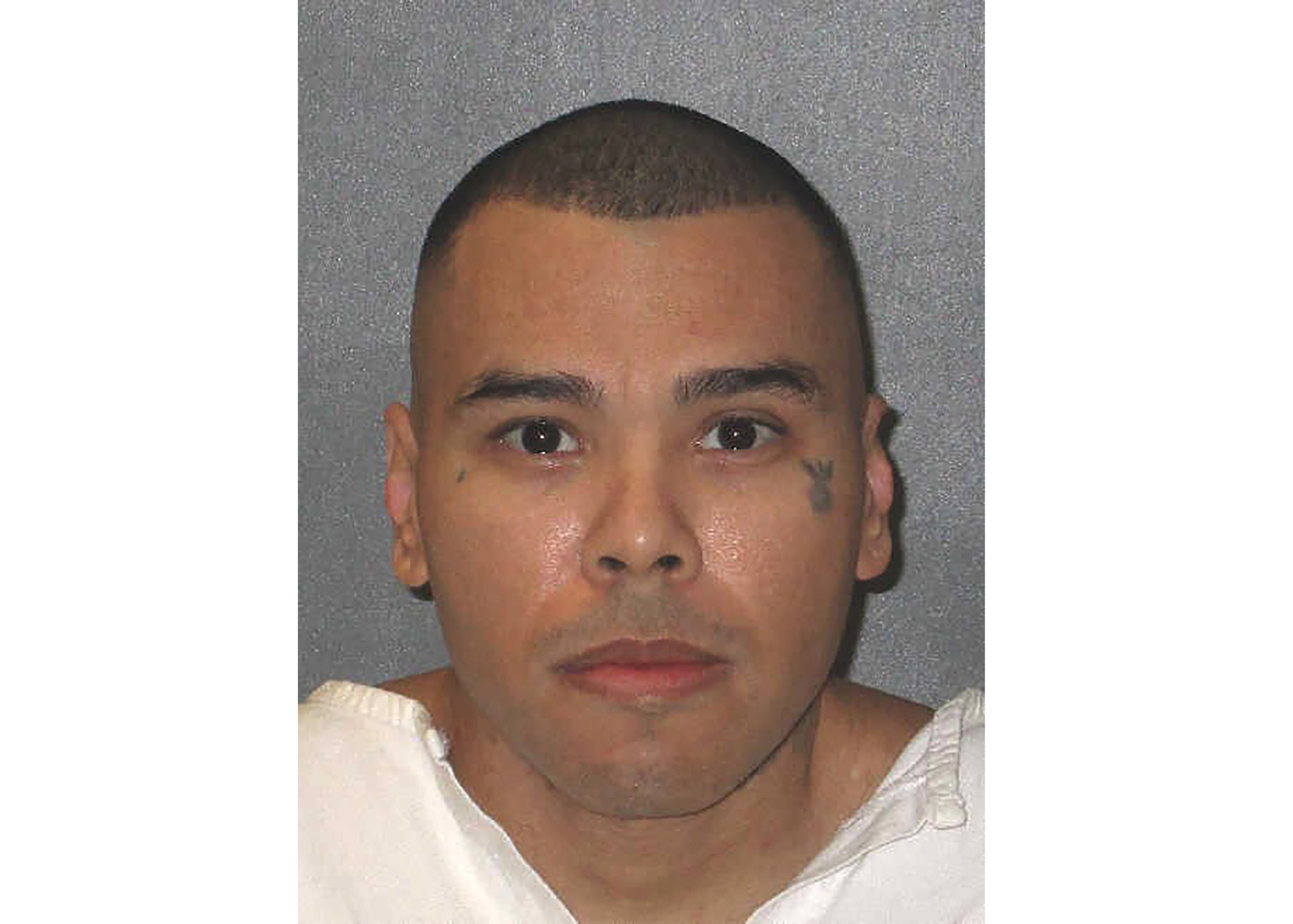
Ramiro Gonzales, a man convicted of kidnapping, raping, and murdering an 18-year-old woman named Bridget Townsend in January 2001, is scheduled for execution on Wednesday, January 25, 2023. The executions in Texas and Oklahoma this week will mark the nation's eighth and ninth of the year.
Gonzales was sentenced to death in 2006 after being found guilty of capital murder during a trial where jurors were required to determine that he posed a probability of committing criminal acts of violence in the future. However, his attorneys argue that Gonzales's behavior over the last 18 years shows he is no longer dangerous.
Gonzales's lawyers have appealed to the US Supreme Court, arguing that under Texas law, he should be ineligible for the death penalty because he is no longer a threat. They point to his commitment to his Christian faith, ministry work behind bars, and unsuccessful attempts to donate a kidney to a stranger as evidence of his rehabilitation.
Despite these appeals and petitions for clemency, Gonzales's execution has been denied by the Texas Board of Pardons and Paroles. The Supreme Court has not yet ruled on his case.
Gonzales kidnapped Townsend from her home in search of drugs and took her to his family's ranch in Medina County, where he sexually assaulted and killed her. Her remains were found two years later when Gonzales led authorities to the spot where he left her body.
The execution of Ramiro Gonzales raises questions about the use of probability in determining eligibility for the death penalty and whether it is an accurate measure of a person's potential for future violence. It also highlights the importance of considering rehabilitation and personal growth when evaluating criminal sentences.


/static.texastribune.org/media/files/ec643febdd90afc1005d5d927a5dd52c/0329%20TDCJ%20Chamber%20Screenshot%20TT.jpg)
